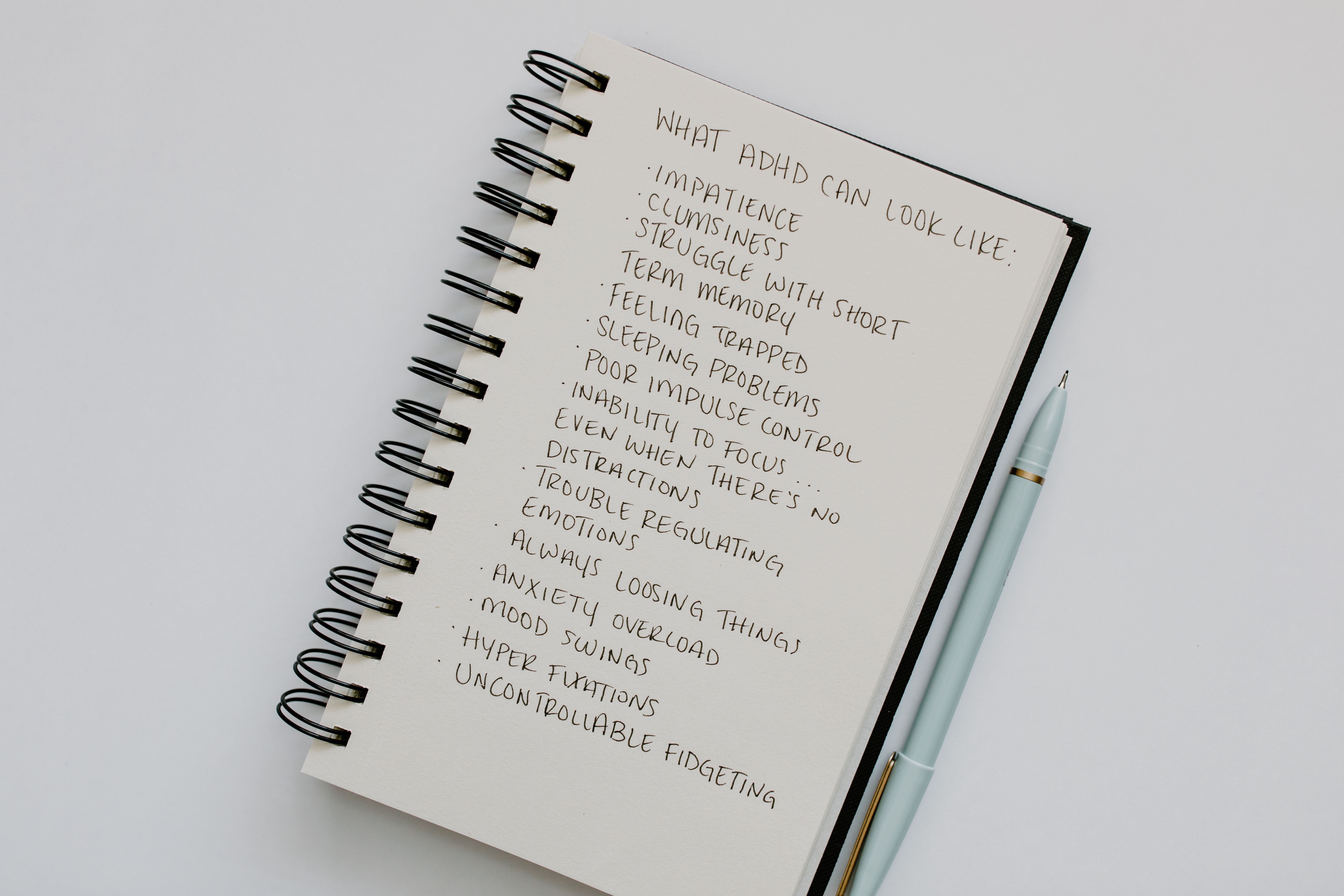ADHD & Executive Function: Tips & Tricks for Parents

In our blog last week, we discussed the six key areas of executive function that can cause challenges for people with a diagnosis of Attention Deficit Hyperactivity Disorder (ADHD). Those six areas are activation, focus, effort, emotion, memory, and action. Most children with a diagnosis of ADHD have challenges in one or more of these areas, which can cause difficulties managing daily tasks at school and at home. On the bright side, executive functions are skills that children can develop and improve upon through positive intervention that takes into consideration their strengths and abilities. Parents, teachers, counselors, and other important adults in a child’s life can help a child to build upon these essential cognitive skills. The first step is to determine which areas cause them the most issues then set small, attainable goals to work towards together. We’ve provided tips to help children build skills in each area of executive functioning which will guide you along the way.
Activation. Difficulties include time management, motivation, and organization.
- Help your child create and maintain an organizational system in their backpack and do a weekly “clean-out” to maintain it.
- Use your phone’s calendar to organize assignment due dates and homework reminders that will alert you when an assignment needs to be completed
- If getting ready for school or bed are challenging for your family, work with your child to create a morning and bedtime checklist and hang it in their bedroom or bathroom. A visual list can help remind them to complete one task at a time.
Focus. Difficulties include maintaining attention when there are distractions in the environment or in the mind.
- Create a quiet homework space that is free of distractions and separated from others in the home.
- Encourage your child to use headphones while doing homework in order to block out noises, but make sure the music they listen to is soft, instrumental, and won’t be an additional distraction.
- During homework time, use a timer to alert your child when it’s time for a break. Children with ADHD might need more mental breaks than other kids but they’ll get a lot more done and understand a lot more of the material if they have frequent brain and body breaks.
Effort. Difficulties include maintaining mental effort and daytime sleepiness.
- Use a reward system. Let your child know that they will get a privilege once they have completed a more difficult task such as homework or a chore.
- If your child frequently “zones out” or daydreams, they might need to get up and move their body. If they daydream while doing homework, schedule more frequent breaks. If they struggle with daydreaming in school, ask their teacher if they can take water breaks. Moving the body for even just a few minutes can help with sustaining mental effort.
- Many kids with ADHD have trouble waking up in the morning and tend to feel sleepy throughout the day. Ensuring that they have a regular sleep schedule and a bedtime routine can help them adjust to waking up early.
Emotion. Difficulties include experiencing overwhelming negative emotions and challenges bouncing back from those emotions.
- Help your child learn to identify and name their feelings. This gives them language to use so that they can tell you how they’re feeling instead of showing it through behavior.
- Use language that focuses on your child’s strengths. Children with ADHD tend to hear a lot of negative feedback, so it helps when you remind them of all the things they do good.
- Validate their feelings. Having ADHD can be frustrating! Children need to know that their feelings of frustration, sadness, or anger are all normal. Let them know that you accept their feelings before addressing their behavior.
Memory. Difficulties include ability to retain information to use later.
- Use a family calendar, phone app, or sticky notes to remind you and your child of important tasks and appointments.
- Talk with your child’s school about 504 accommodations that can help children who struggle with retaining information. The school can offer modifications that may help them be successful academically.
Action. Difficulties include impulse control.
- Practice mindfulness regularly. Mindfulness is an amazing skill for people with ADHD! A regular practice of mindfulness can train the brain to be more aware of thoughts, feelings, and impulses and, over time, will help your child to identify impulses before acting on them. If you practice mindfulness with your child, you can experience these benefits as well!
- Recognize that your child might not be misbehaving on purpose to give you a hard time. Their behavior is communicating a need, so think through the factors that could be contributing to their behavior and remember to validate their feelings.
The difficulties associated with ADHD can cause a lot of stress for children and their parents, but by learning to adapt to the different way their brains work and taking some time to plan and organize, your child can feel supported at home and at school.
Written by: Melanie Phillips, LCSW